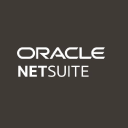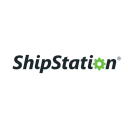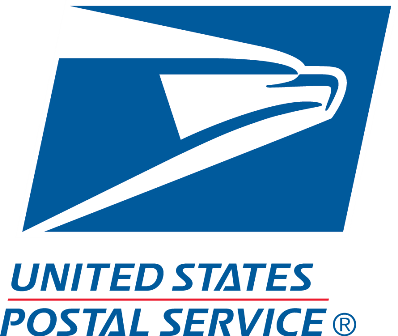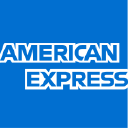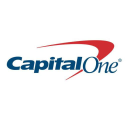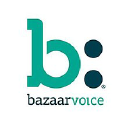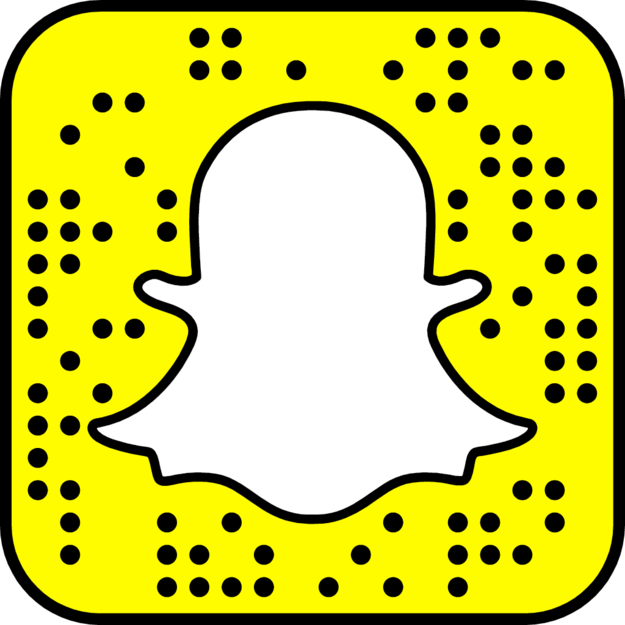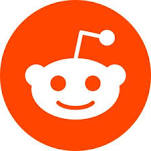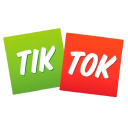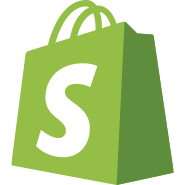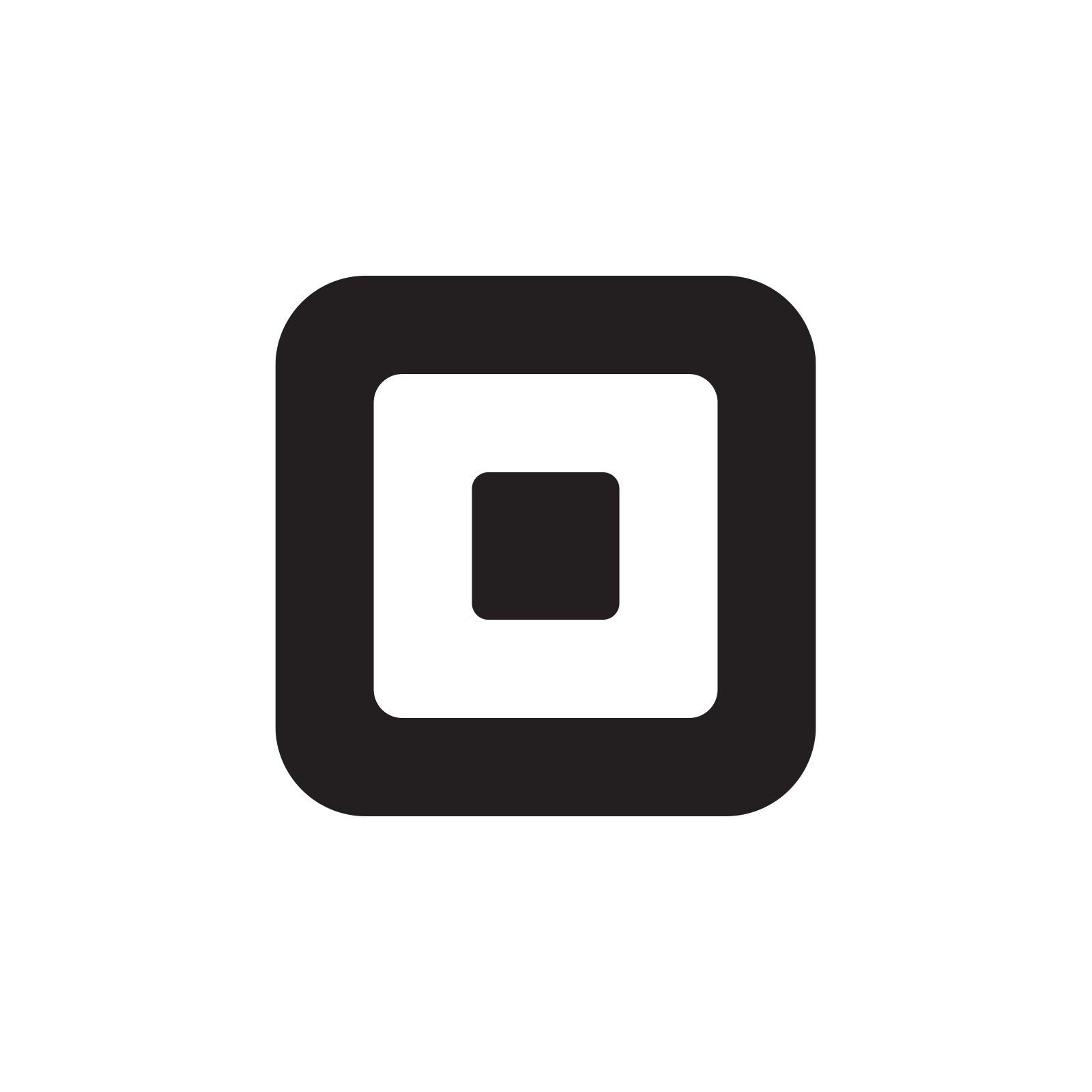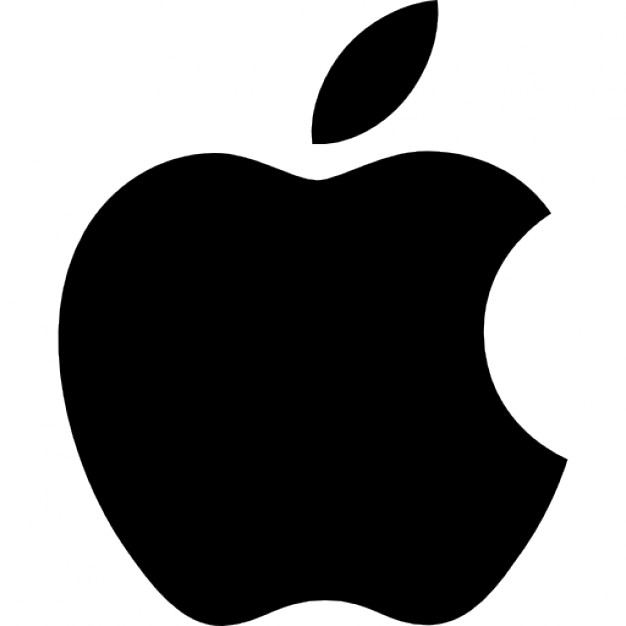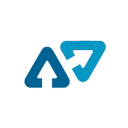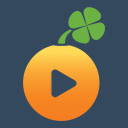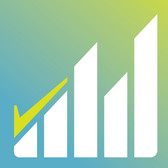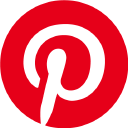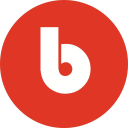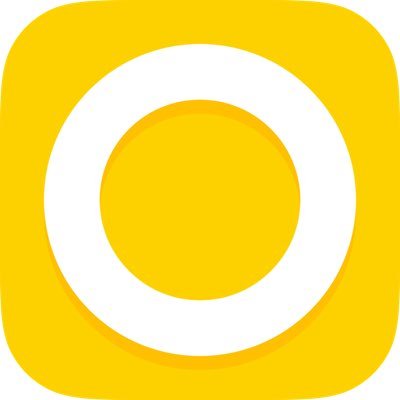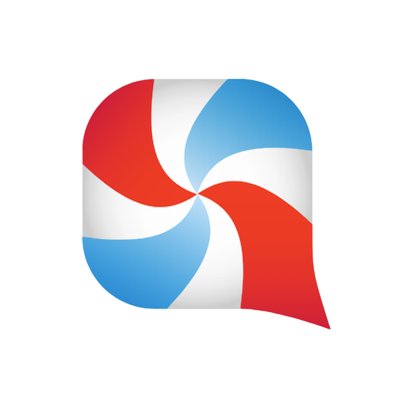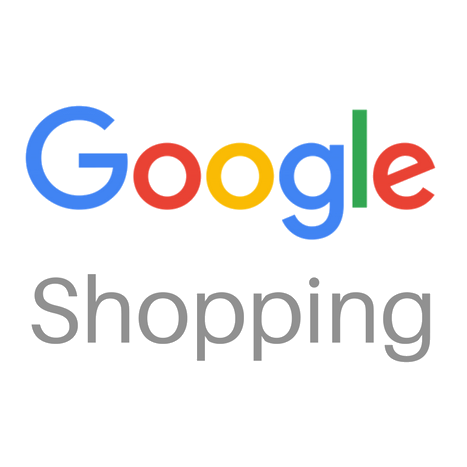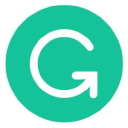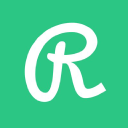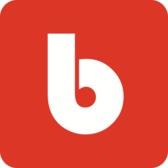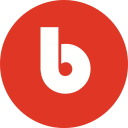How We Turned $20 Into A $100K/Month Accessory Brand
Hello! Who are you and what business did you start?
My name is Braxton Manley and I am a 23-year-old living in Austin. I started Braxley Bands with my dorm-mate Grant Andrews as a class project at Texas Tech about 3 years ago.
We created an elastic Apple Watch band and started making them by hand on my Nana’s sewing machine. We have since scaled the business from an original $20 upfront for materials to $100K a month on Shopify. No other capital or investment was ever put into the business.
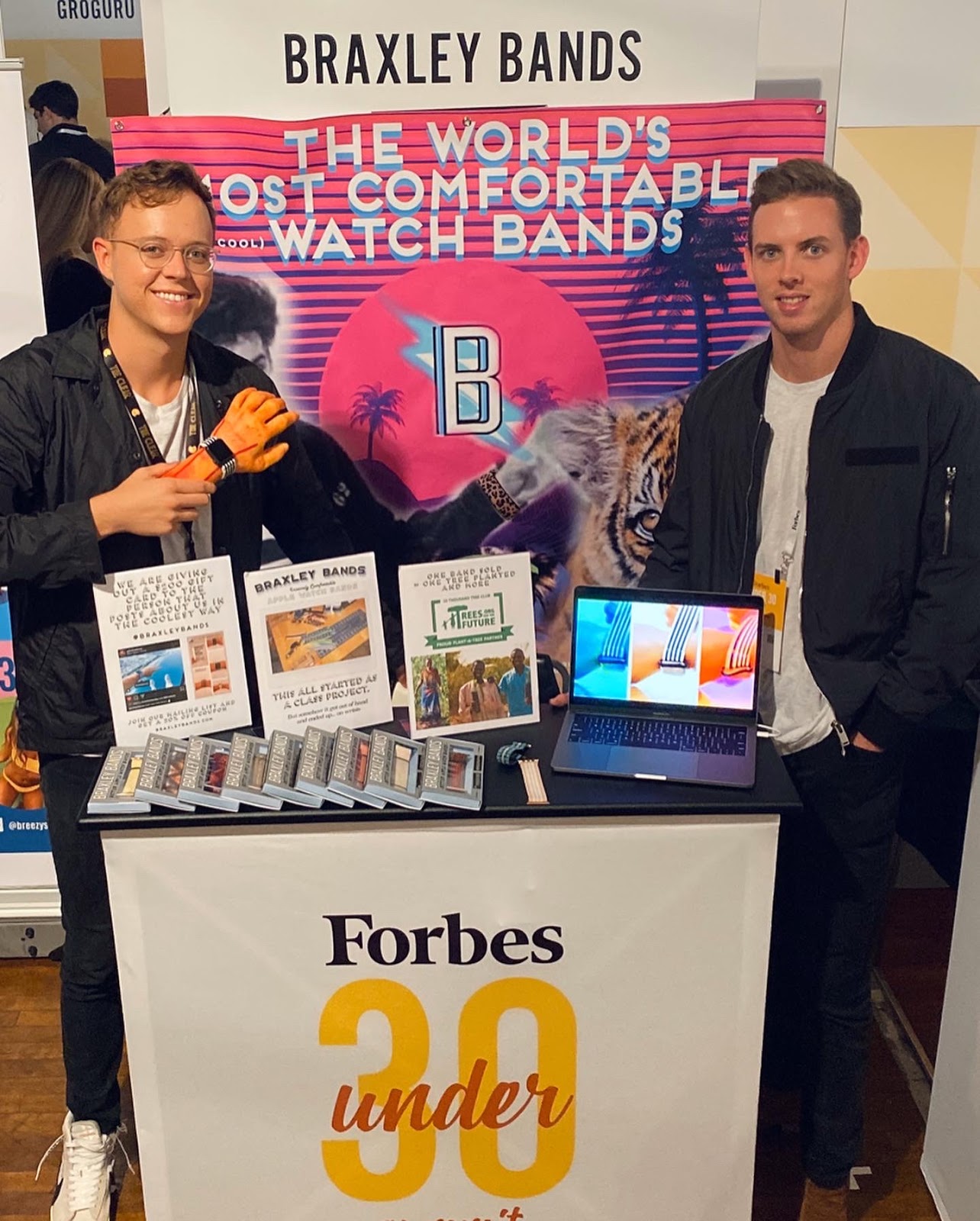
What's your backstory and how did you come up with the idea?
I have always had a fascination with art and style. I've also always loved creating things in many different formats. The idea for Braxley Bands started because of a personal desire for a more comfortable Watch band option and the need to come up...



